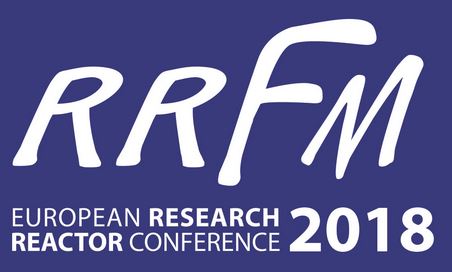ENS Guide to European web sites
International organisations
Founded in 1924, the World Energy Council (WEC) is the foremost global multi-energy organisation in the world today.
WEC has Member Committees in over 90 countries, including most of the
largest energy-producing and energy-consuming countries. WEC's Mission
is to promote the sustainable supply and use of energy for the greatest
benefit of all people The 90-year-old organisation covers all types
of energy, including coal, oil, natural gas, nuclear, hydro, and renewables.
WEC is UN-accredited, non-governmental, non-commercial and non-aligned.
WEC is a UK-registered charity headquartered in London, UK:
http://www.worldenergy.org/
The International Atomic Energy Agency (IAEA) is the world's centre of cooperation in the nuclear field. It was set
up as the world's "Atoms for Peace" organisation in 1957 within
the United Nations family. The Agency works with its many Member States
and multiple partners worldwide to promote safe, secure and peaceful
nuclear technologies. The IAEA Secretariat is headquartered at the Vienna
International Centre in Vienna, Austria. The IAEA runs or supports research
centres and scientific laboratories in Vienna and Seibersdorf, Austria,
Monaco, and Trieste, Italy. The IAEA Secretariat is a team of 2,200
multi-disciplinary professional and support staff from more than 90
countries.
http://www.iaea.org
The Nuclear Energy Agency (NEA) is
a specialised agency within the Organisation for Economic Co-operation
and Development (OECD), an intergovernmental organisation of industrialised
countries, based in Paris, France, with a staff of 72. The NEA mission
is to assist its Member countries in maintaining and further developing,
through international co-operation, the scientific, technological and
legal bases required for the safe, environmentally friendly and economical
use of nuclear energy for peaceful purposes. The NEA’s current
membership consists of 28 countries, in Europe, North America and the
Asia-Pacific region. Together they account for approximately 85% of
the world’s installed nuclear capacity and nuclear power accounts
for near 25% of the electricity produced in NEA Member countries. The
NEA works closely with the IAEA and with the European Commission. Within
the OECD, there is close co-ordination with the International Energy
Agency (IEA):
http://www.nea.fr/
top
|
|

11 - 15 March 2018
Munich, Germany

30 September - 04 October 2018
Prague, Czech Republic |